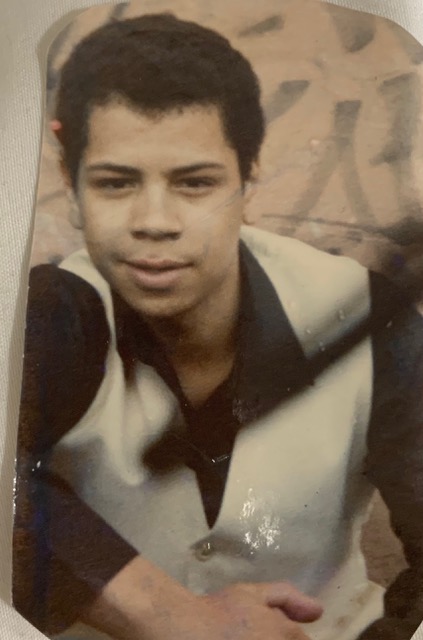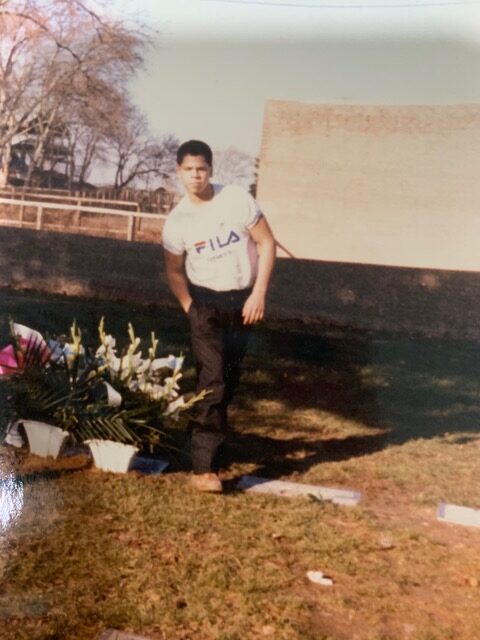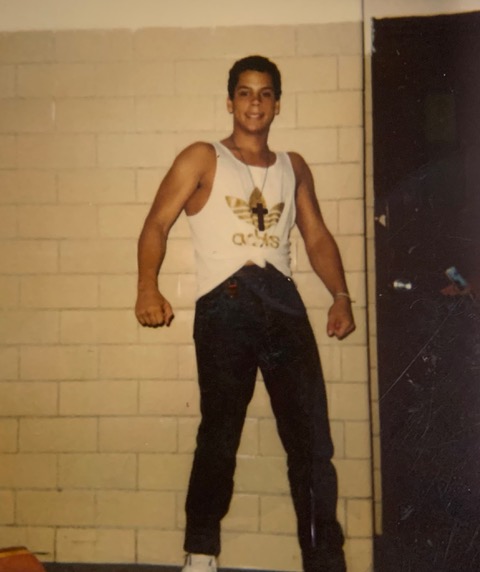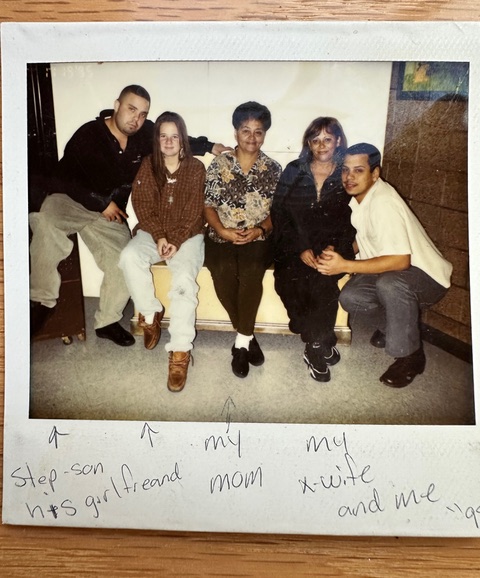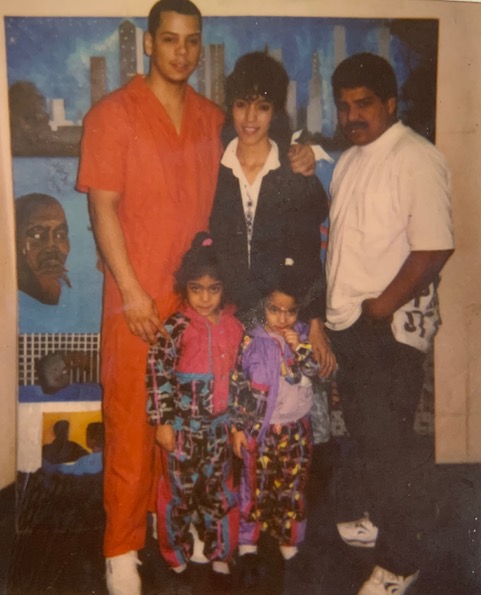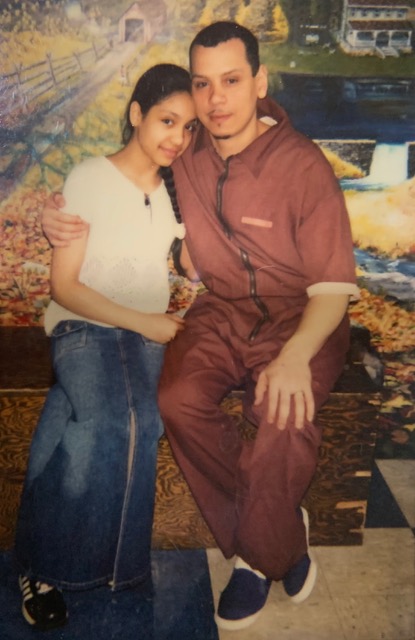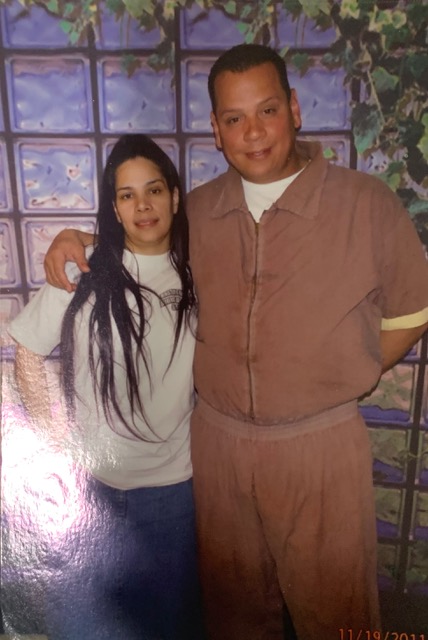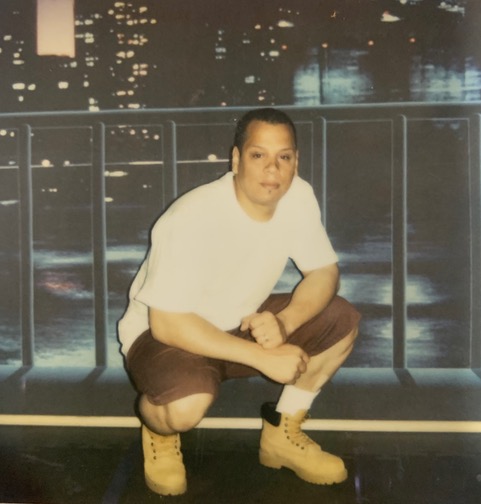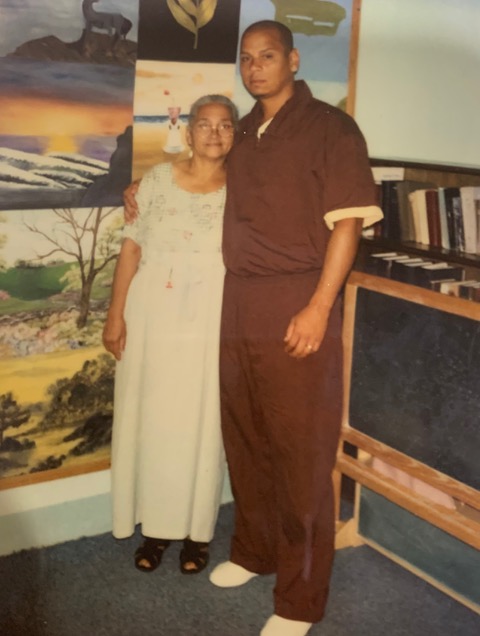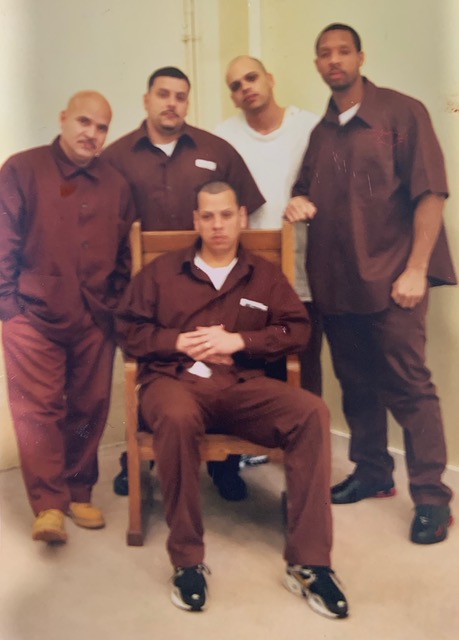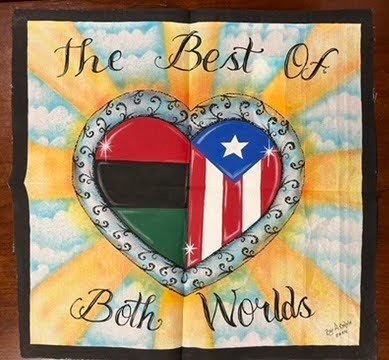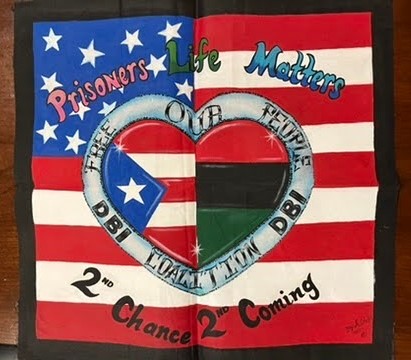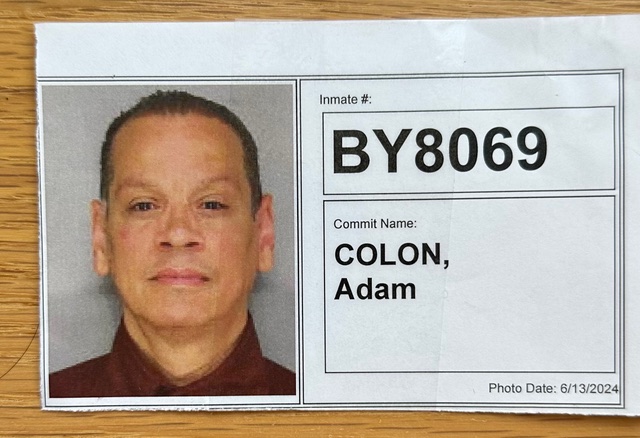Adam Colon
April 25, 2025
Adam’s story has been lightly edited for clarity.
My name is Adam Colon. I was born in Philadelphia, Pa., in 1972. I am the youngest of six children. As early as five years of age, I endured a family culture that exposed me to mental abuse, drugs, sex, lack of affection, lack of attention, and lack of love.
In the first grade I attended Fairhill Elementary School. Though at recess I ran the school yard and played like most of the kids, in the classroom things were different. I constantly struggled to keep up with the learning lessons and before long I was diagnosed with a severe learning disability. There were multiple reports prepared by a psychologist and psychiatrist about my mental health in the years 1985–1989. During that time, when I was tested, my IQ was 68 and a reading grade level of 2.6, which is very low. In addition, it was discovered that I was 100% deaf in my left ear..
This caused me to be placed in a classroom specifically for learning deficiencies, which earned me the label of mentally disabled, deaf, and dumb, which was also the motivation for the other kids to bully me. Even in my own home I rarely felt safe from bullying because my older brother would often continue with the name-calling while punching me in my chest, arms, shoulders, and sometimes even in my face.
Growing up, for a long time I had low self-esteem and my self-worth was wrapped up in the value that others gave me. I can remember a big argument my mom and dad had; it seemed like every other fight my parents would have. My dad would come home drunk, fussing, cussing, and going on about things I or my siblings could not fully understand. To us (my siblings & I) the words of our father held very little weight and often did not matter much to us. Me and my siblings were more concerned with staying out of the range of the physical abuse that sometimes followed our father’s drunken ramblings.
Typically, our mother would take the same approach to avoid the drunken episodes of my father, but this particular time was different, this time my mother fussed and yelled back at my father and really tore into him. The arguing escalated to physical attacks and resulted in my father storming out the house. This was the last time I saw my father, and what little respect and admiration I had for my father was gone with him.
Just a few weeks after my father left us, I got into a fight with a boy that was bullying me, which wasn’t the first time I had gotten into a fight because someone was bullying me, but this time the kids I viewed as the “In crowd” embraced me. I began hanging out with this crowd of kids I viewed as the “cool kids”, which eventually landed me in a juvenile facility. Then in 1982, my father passed away, and a little after that, at the age of ten, life had seemed to be too much for me to deal with. Overwhelmed with trauma and confused, I attempted to kill myself. I was put in a mental hospital/juvenile placement facility and things seemed to get a little better, but between 1986–1990 I had another encounter with a juvenile facility.
Then in February 23, 1990, my son Robert Rivera was born, and like most parents, when their child is born, I made a vow to myself to be a better parent than my father had been to me. I would let my son know he is loved, I would not beat him, and I would always listen to what he has to say. Unfortunately, I found out, those were vows easily spoken, but much harder to keep. I had aged enough to reach the age to be considered an adult but my mental capacity told a much different story, one of a person not yet ready to be a father.
Then in July 11, 1990, I was arrested. At this time my education was at a 2.6, well below average, and my cognitive thinking abilities were just as low, which can also be attributed to my hearing impairment. During the early years of my sentence, the institution offered no programs that could help me cope with the trauma that I had experienced. At that time, the effects of trauma being linked to individuals’ behavior patterns had only been recognized within war veterans, which is commonly known as Post Traumatic Stress Disorder or PTSD. However, since then, science has shown that the erratic behavioral tendencies displayed by adolescents from low-income communities are also attributed to trauma (PTSD). In spite of having no professional assistance from the institution, I continued to work to better myself.
Every day I would spend hours trying to read one article out of a newspaper, stuttering and struggling with any word more than five letters. Over time, I began committing words to memory, and sometimes I would get my cellmate to help me. It took some time but eventually I was able to read entire articles without pausing or stuttering. My journey towards bettering myself was not easy but I was determined and I continued on, weathered the storm, and taught myself how to read.
My most challenging hurdle was the loss of my son. While serving my sentence, I received the tragic news that my only son had been murdered. In that moment, I fully understood empathy and remors, and that reality helped to mold and humble me. Then reality really hit home because now I realized, understood, and felt the pain that I had caused another parent to feel, and I felt ashamed. So much so, that for the second time in my life, I felt worthless and contemplated suicide.
It was my sister, who is a minister, who helped me get out of that dark place. My sister told me and helped me to realize that my life belonged to the Lord,
and my sister told me that if I was truly remorseful, then I would live my life doing the Lords work, Amen. I took my sister’s advise and I began reading the Bible and attending church services. I started volunteering as an inmate hospice care worker. I began talking to the younger inmates about bettering themselves and helping them as much as I could, and talking to them about loving the Lord. If granted commutation, I plan to work alongside my sister in a church that she owns. Today, I stand strong in the testimonial truth that the only thing that ever was missing in my life is the Lord.
It is my deepest desire to someday get the chance to personally ask forgiveness and apologize to the victim’s family, which is why I took time to have discussions with the institution’s facilitators of “Let’s Circle Up”, a restorative justice program to ask about what possible options are available to me to personally ask for forgiveness and apologize to the victim’s family for the hurt I have caused. I am committed to helping others to learn from my experiences as to hopefully not make the same mistakes I made, as well as for me to, as much as possible, make amends for the harm and hurt that I have caused. I dream of some day attending church service with the family I have wronged. To many people, such a thing may seem to be foolish or far-fetched, but I am certain that God has power over all things.
Today, I look in the mirror and know that I have come a long way from the adolescent who made the mistake of getting mixed up with the wrong crowd, which led to poor decision-making, which ultimately resulted in me getting a life sentence. My sentence had been based upon the crime itself, absent of any mitigating factors consistent with what is known today about the trauma of an inner city adolescent or the prospect of rehabilitation within a human being.
Therefore, commutation becomes the only mechanism with the ability to consider factors such as my prior home environment, life influences, and the resources that I had available to me when determining if I am rehabilitated today. Commutation reflects the realities that sentences made out at one point might not be appropriate decades later.
My persistence towards change has been spiritually and remorsefully motivated, and prayerfully makes me a prime candidate to be granted commutation. If granted, I would join those who have statistically aged out of crime and pose no public safety risk.
Thank you for your time.

